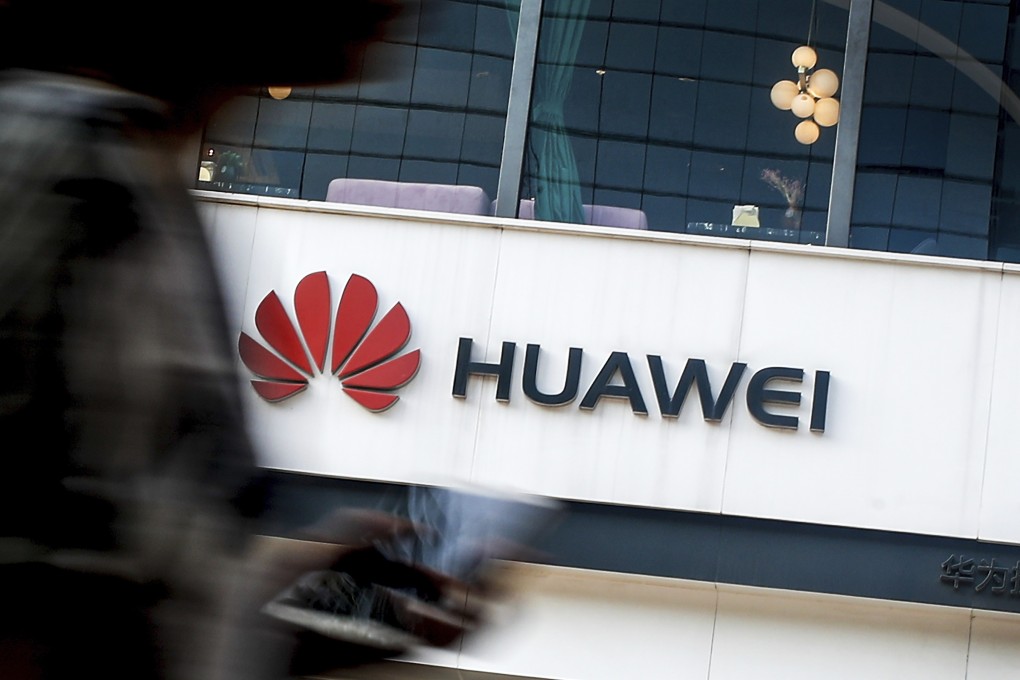US Huawei problem goes far beyond trade, security official says
- Details of national security and geopolitical concerns outlined at international conference in Washington

A State Department official has underlined US national security concerns about Chinese telecoms giant Huawei, stressing that problems with the company go far beyond the current trade dispute between the two countries.
Ashley Ford, assistant secretary of state for international security and non-proliferation, said countries which chose Huawei technology were opening the door to a potential threat to their national security and economic well-being.
The problem with companies like Huawei was not specifically a technical one, but instead “a political and a geopolitical challenge”, Ford told a security conference for US allies in Washington on Wednesday.
As long as companies like Huawei were subject to the final authority and influence of the Chinese Communist Party, they could not be trusted by the US or its allies, he said.
“If a Chinese technology giant has access to your technology, your information, or your networks and the party comes asking, the only answer the company can give is ‘Yes.’ This is, unfortunately, a fact of life in the high-technology police state that is the modern PRC.”